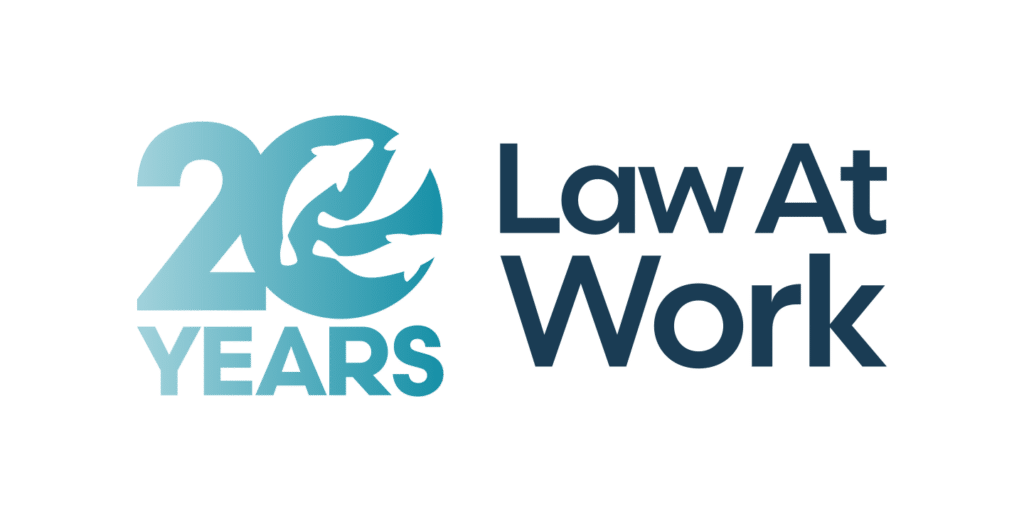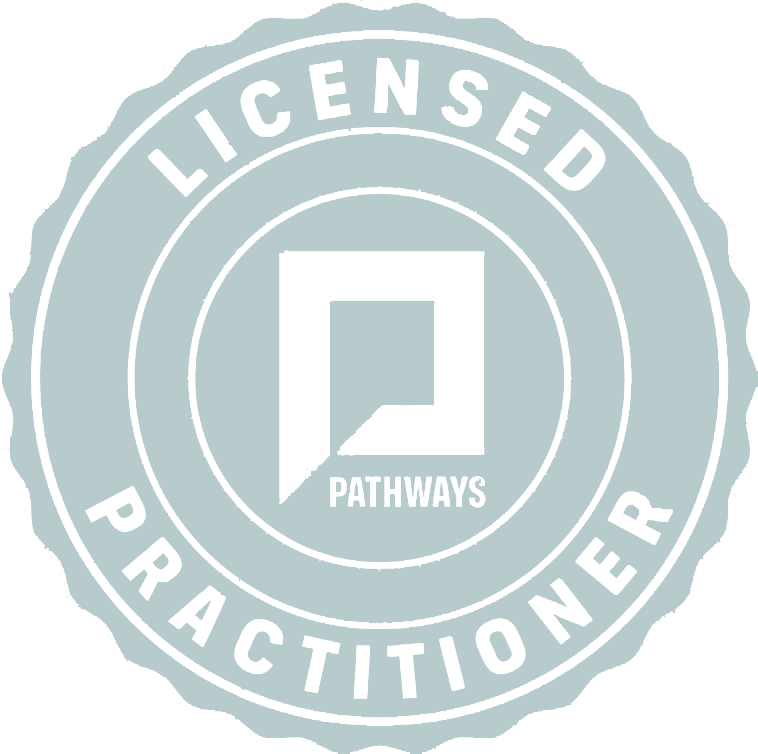As we all know, the last two years have caused a lot of disruption to our regular working days. Working from home became the norm for so many, while this was not possible for others.
We took some time last week to explore the challenges businesses are facing in our changing world. If you couldn’t catch us live, you can watch a recorded version of the breakfast briefing here.
The people agenda has never been more important. Yet, the noise on the Island is that local employers want to do everything they can to keep their colleagues and data safe.
Health & Safety Inspectorate
Tammy Fage from the Health & Safety Inspectorate highlighted that employers should be looking after the health and safety of someone working from home as if they were in the office. We could also create policies that ensure employees take five-minute breaks every hour, either to replace or in addition to one longer break in the day. These shorter but more frequent breaks could be more beneficial and generate a culture of support as homeworkers miss out on the conversations and interactions that come with working in an office environment.
Keeping an eye on health and safety includes checking whether employees have safe workstations in the home as they would in the office. Although it’s clear that a home visit isn’t necessary, display screen equipment should be audited at home as guidelines and checklists can work as effectively.
Consultation on a new code of practice will be written into the existing workplace laws that recognise homeworking. Tammy explained that while there would be significant changes in law, the codes of practice and the Health and Safety at Work (Jersey) Law apply at home as they do in an office.
Occupational Health
We were also given great insight from Dr Chris Edmond of WorkHealth into how we can prevent our colleagues from getting ill in the first place. Stress is the most significant factor and cause of ill-health in the workplace. Therefore, managing stress is an employer’s responsibility as much as other health and safety risk factors.
Chris also talked about some underlying issues that the pandemic brought to light. For example, more hybrid working showed increased domestic violence, anxiety, and mental breakdowns behind closed doors. Having an informed people strategy can ensure that anyone struggling knows where and how to get help.
WorkWell
Ian Dyer from WorkWell made a strong point about why our response to mental health issues is often different compared to physical health issues and why that needs to change.
Current statistics show that over half of senior leaders are concerned about their career opportunities if their employer finds out they have a mental health issue. Since the pandemic began, these numbers have been rising, but promoting and providing better mental health support goes a long way to reducing presenteeism.
One of the most prominent problems with hybrid working is the separation between the office and home. Living in and around your workspace can cause issues for employees who have trouble defining boundaries between the two worlds. Ian shared the top five struggles with working from home:
- Not being able to unplug
- Lack of communication with others
- Loneliness
- Distractions at home
- Staying motivated
Data Protection
Jacqueline Tobias, spoke about the legal and data protection concerns of working from home. She discussed whether companies need to set a policy where they can audit someone’s house for homeworking. She also explored how an employer can have the right to attend a colleague’s home and questioned if employers should even consider creating a policy to give them such rights.
Jacqueline also asked employers to consider if their colleagues can lock printed documents away at home and if their computer equipment is secure outside of the office. Jacqueline made a fantastic point about whether work conversations are private at home as a neighbour could potentially overhear them. Her advice when considering these issues is that clear instructions and guidance are key, and supplementary training to help avoid data protection breaches.
Law At Work is conducting an Island-wide survey to determine how businesses are handling the move to hybrid working and how successful they’ve been.
The survey is open to everyone and only takes around five minutes, so please participate if you have a few spare moments!
To access our survey, please scan the QR code below or click here.







